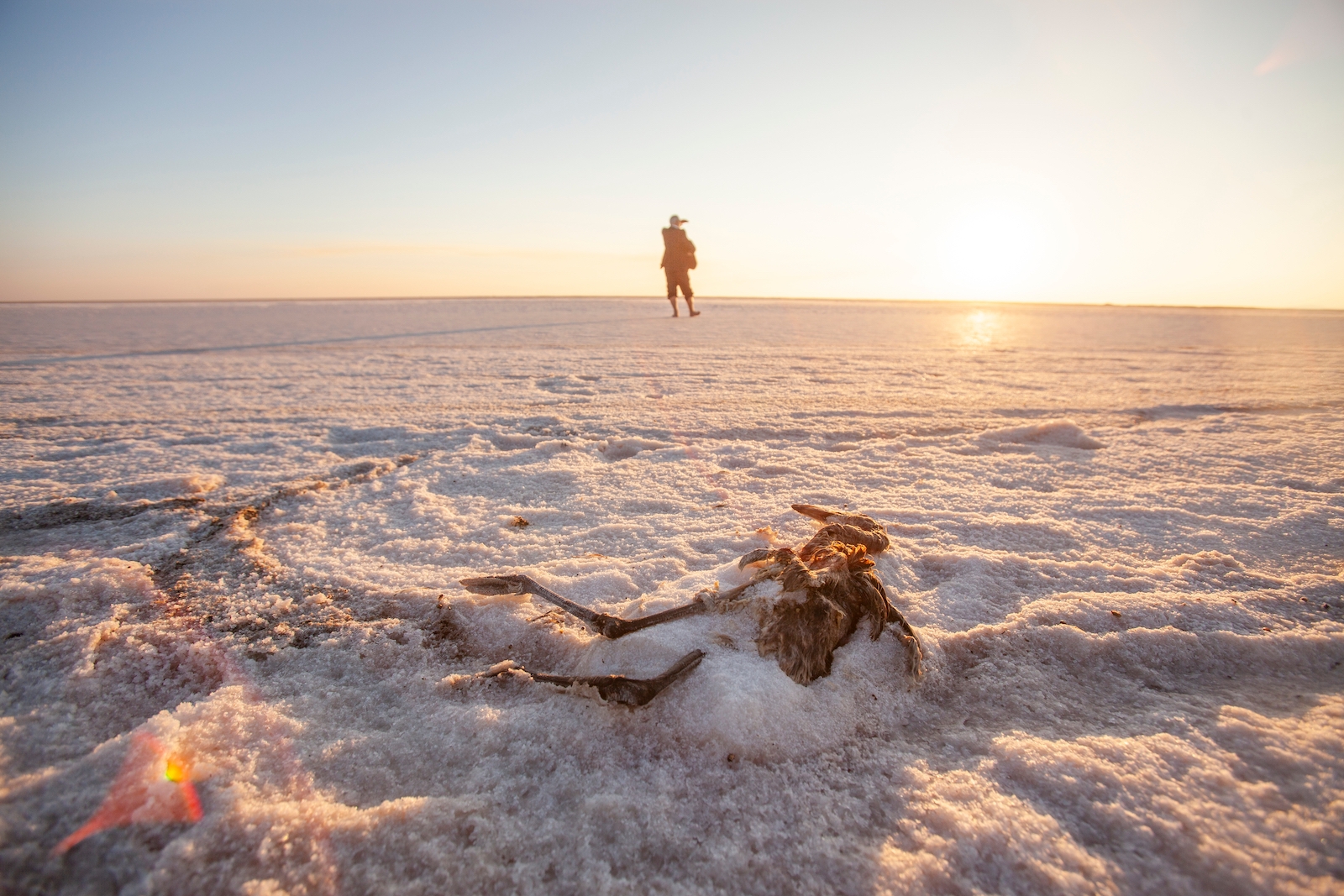
World Water Forum: Big Problems Require Big Collective Action
The Food and Agriculture Organization (FAO) recently sounded the alarm on the current drought which is gripping the Horn of Africa. As limited rainfall has caused the region to experience the driest conditions of the last four decades, Somalia, Ethiopia, and Kenya will soon require urgent assistance to combat dwindling food production. The situation in Eastern Africa, however, is far from an isolated occurrence. Water shortages have also been a longstanding issue for Iran that has recently caused escalating protests along the south-eastern border.
For many years, scientists and analysts have predicted that climate change and population growth would drastically reduce global water supplies and have deeply destabilising consequences for humanity. Increasingly frequent droughts seem to be proving these forecasts correct. But as well as alerting the world to the gravity of water crises, the situations currently affecting Eastern Africa and Iran have been noteworthy in another respect.
In both cases, the global response has been found wanting and lacking in coordination. For Iran, a temporary reprieve – albeit with strings attached – came when Afghanistan released the Kamal Khan Dam that was contributing to cutting off the water supply to the Hamoun Wetlands. The attempts to coordinate an international response to the situation in Eastern Africa, instead, have left the UN and FAO scrambling to raise the funds to avert an outright humanitarian crisis.
Across very different contexts, short-term, disjointed, and piecemeal responses seem to have filled a void in collective solutions and long-term strategic planning.
One of the main takeaways from the COP26 conference last November was that the clock is ticking on our planet’s resources and that action is needed now. Such a message is hardly new; ever since the doomsday clock was invented, we have become accustomed to the idea that we have to act quickly to avoid a doomsday scenario.
But the unsatisfactory global response to these recent droughts suggests that a further evolution in our thinking is needed when it comes to confronting existential threats. Not only are slow responses not enough, but when it comes to global crises neither are individual or uncoordinated ones.
And “crisis” appears to be an increasingly apt way to describe the current global issues surrounding water. Last year’s summary report by the UN found that around 2.3 billion people worldwide live in ‘water stressed’ areas. The regional picture is even starker, with countries in Northern Africa and Western Asia having already withdrawn around 74% of their freshwater resources. There can therefore be little doubt that the challenges ahead most definitely require both urgent and coordinated international action.
Whether our leaders will actually rise to the occasion, however, remains to be seen. Contrary to expectations, the acute crisis posed by COVID has mostly failed to produce global strategies and actions. The lack of progress in distributing vaccines across the world is but the latest illustration of just how difficult collective action has become and how pervasive insular thinking can be.
But it is precisely these failings that strengthen the case for adopting a global, collective approach. Bucking parochialism by bringing decision-makers and stakeholders together in search of common solutions appears increasingly to be less of an option than an imperative.
An important first testing ground for countries, organisations, businesses, and thought leaders to signal their commitment to global initiatives will come in a few weeks’ time at the World Water Forum in Dakar. Having been delayed by twelve months due to the pandemic, the forum is scheduled to take place at the end of March. Given the recent droughts affecting Eastern Africa, it represents a timely occasion to discuss regional and global priorities surrounding the world’s most precious and endangered resource.
While a lot is clearly at stake in this year’s edition, there are many reasons to be optimistic. The first is the breadth of the issues being discussed, which span issues of security, sanitation, development, and financing – to name but a few. The ambitious and packed agenda seems to offer ample opportunity for minds to come together behind innovative and long-term solutions to the planet’s water shortages.
Even more encouraging, perhaps, is that several major government ministries, private enterprises, NGOs, and universities have already confirmed their presence at the global gathering. Among the main partners are the French government, Italian and U.S. national aid associations, and major players such as the Bill and Melinda Gates Foundation. Their ranks will likely be bolstered in the next few weeks, as sitting on the sidelines becomes an increasingly unattractive proposition for key stakeholders and organizations alike.
After a long hiatus for global initiatives, the relative progress made at COP26 provided a glimmer of hope that we indeed are capable of coming together to face big, collective challenges. It is necessary, however, to capitalize on this moment.
Through both its ambitious agenda and reach, the World Water Forum is poised to potentially be an equally crucial event. Not only will it raise the profile of crucial issues surrounding water but, more broadly, its success could send a powerful signal that global collaboration can and does work.
For the next few weeks, all eyes are therefore on Dakar to pave the way for renewed global commitment. It is now up to the leading voices to pick up the gauntlet and show that we do have the ambition and bold resolve needed to face the major global challenges ahead.
